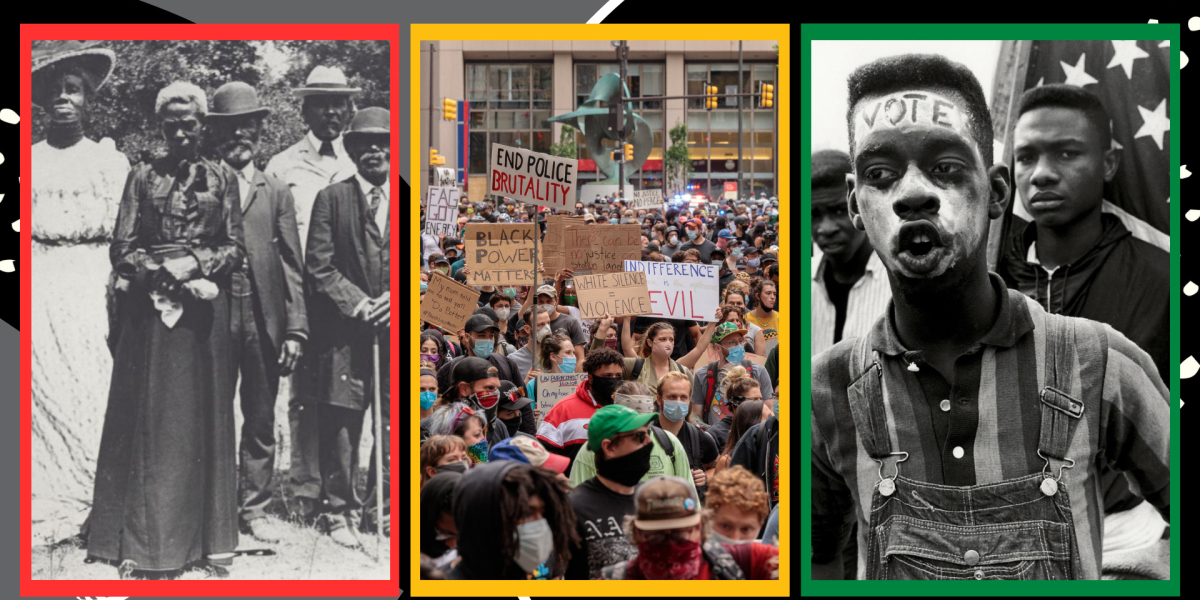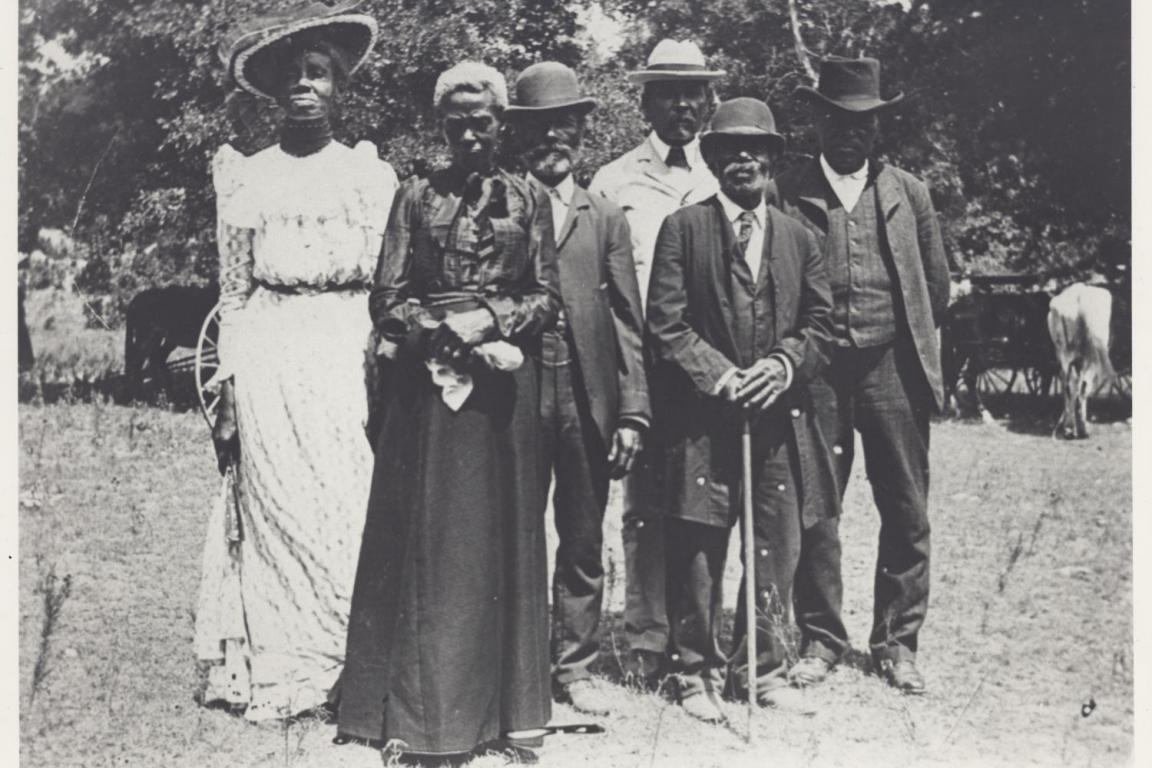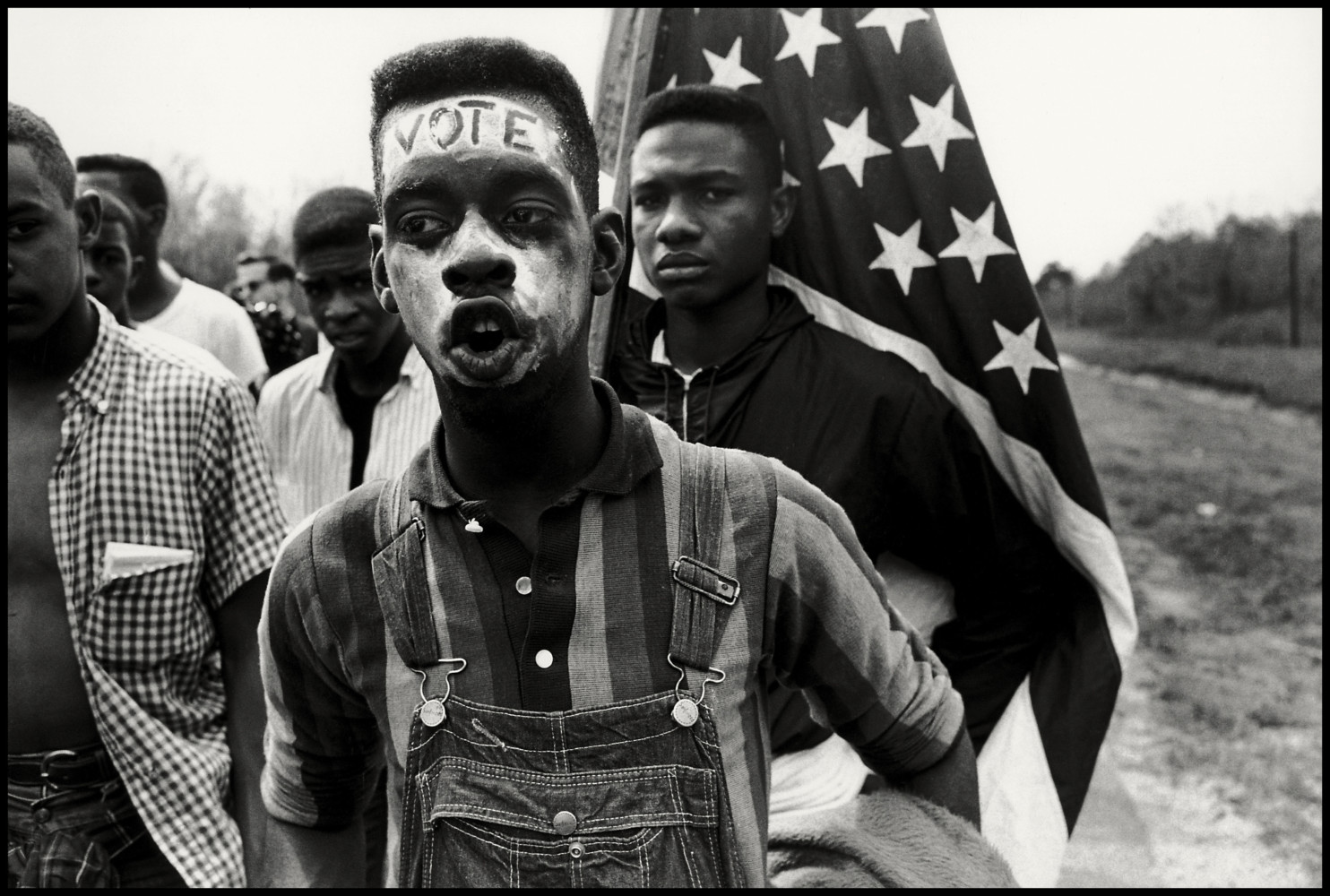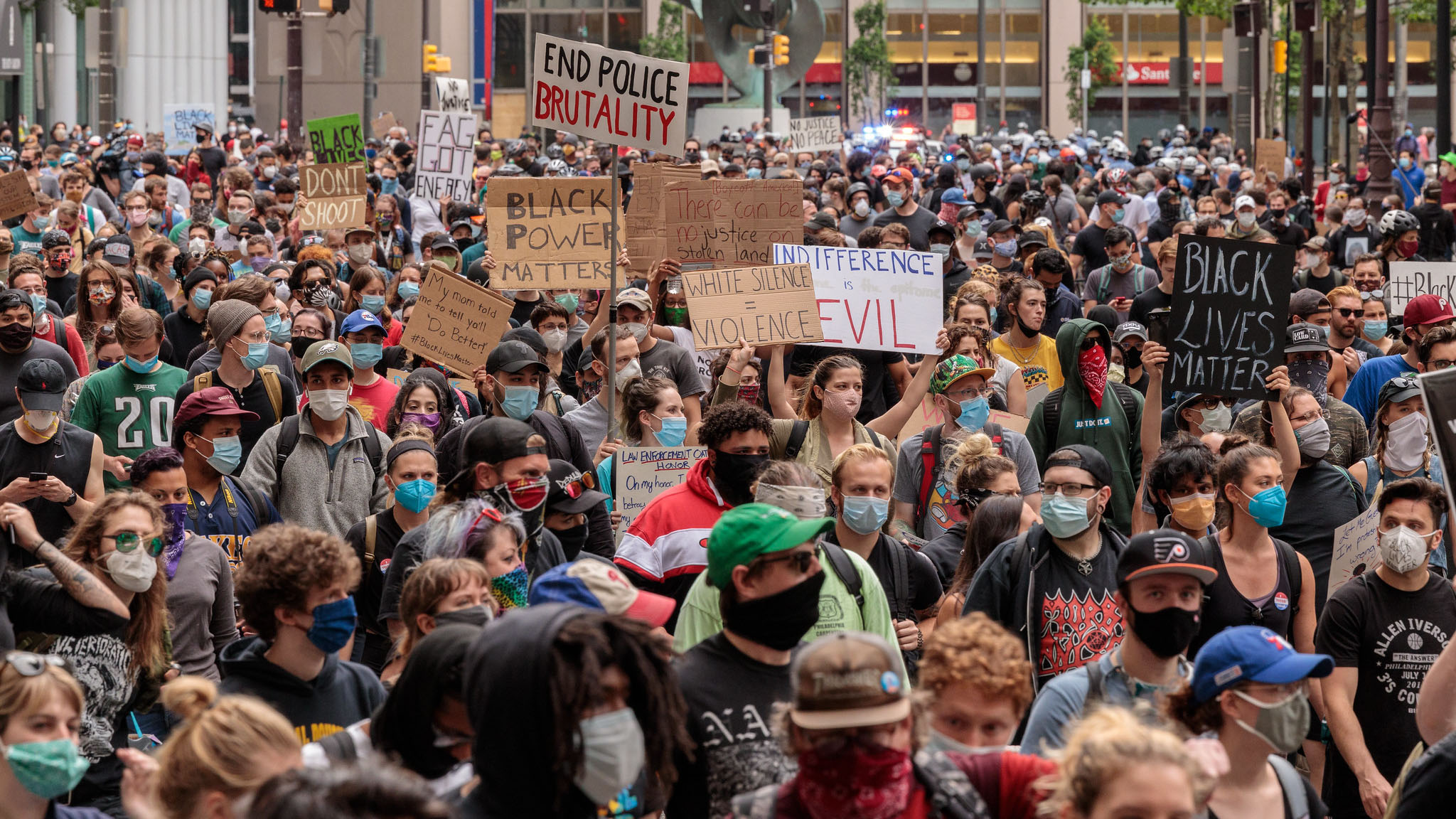
The following is a piece from Lance Jones, Summer Search’s National Director of Marketing & Communications.
Today is Monday, June 19, 2023.
One hundred and fifty-eight years have passed since Monday, June 19, 1865.
Juneteenth.
Let’s reflect.
As per the National Museum of African American History & Culture (NMAAHC):
On “Freedom’s Eve,” or the eve of January 1, 1863, the first Watch Night services took place. On that night, enslaved and free African Americans gathered in churches and private homes all across the country awaiting news that the Emancipation Proclamation had taken effect. At the stroke of midnight, prayers were answered as all enslaved people in Confederate States were declared legally free. Union soldiers, many of whom were [Black], marched onto plantations and across cities in the south reading small copies of the Emancipation Proclamation spreading the news of freedom in Confederate States. Only through the Thirteenth Amendment did emancipation end slavery throughout the United States.
Emancipation Day celebration, June 19, 1900 held in “East Woods” on East 24th Street in Austin. Credit: Austin History Center.
But not everyone in Confederate territory would immediately be free. Even though the Emancipation Proclamation was made effective in 1863, it could not be implemented in places still under Confederate control. As a result, in the westernmost Confederate state of Texas, enslaved people would not be free until much later. Freedom finally came on June 19, 1865, when some 2,000 Union troops arrived in Galveston Bay, Texas. The army announced that the more than 250,000 enslaved [Black] people in the state, were free by executive decree. This day came to be known as “Juneteenth,” by the newly freed people in Texas.
Whether via Jim Crow, “redlining,” or even the ongoing fight against feeding hungry children, since June 19, 1865, we’ve come to understand that “Freedom” is neither free nor absolute for Black and African-American people the United States of America.
A demonstrator at the 1965 march from Selma to Montgomery, led by the Rev. Dr. Martin Luther King Jr. to fight for black suffrage. Credit: Bruce Davidson/Magnum Photos.
Systemic and structural racism did not end with the Emancipation Proclamation or on Juneteenth; it evolves, takes on many forms, and continues today.
As such, one hundred and fifty-eight years beyond Juneteenth, we pose a question to our orbit:
What is Freedom?
Over the next year, underneath the banner of Summer Search’s Championing for Justice and Equity (CJE), and led by the voices of our students and alumni, we will explore the concept of “Freedom” through the lens of today.
Black Lives Matter protesters in 2020. Credit: Rob Bulmahn (.RGB).
Today, Juneteenth, we are privileged to present the first of many voices to have their say.
If you’d like to contribute, have a question, or want to know more, feel free to send an email via marcomms@summersearch.org.
Resources:




